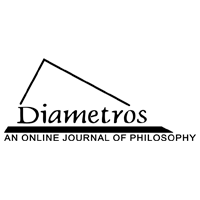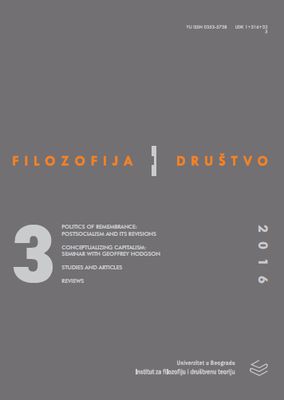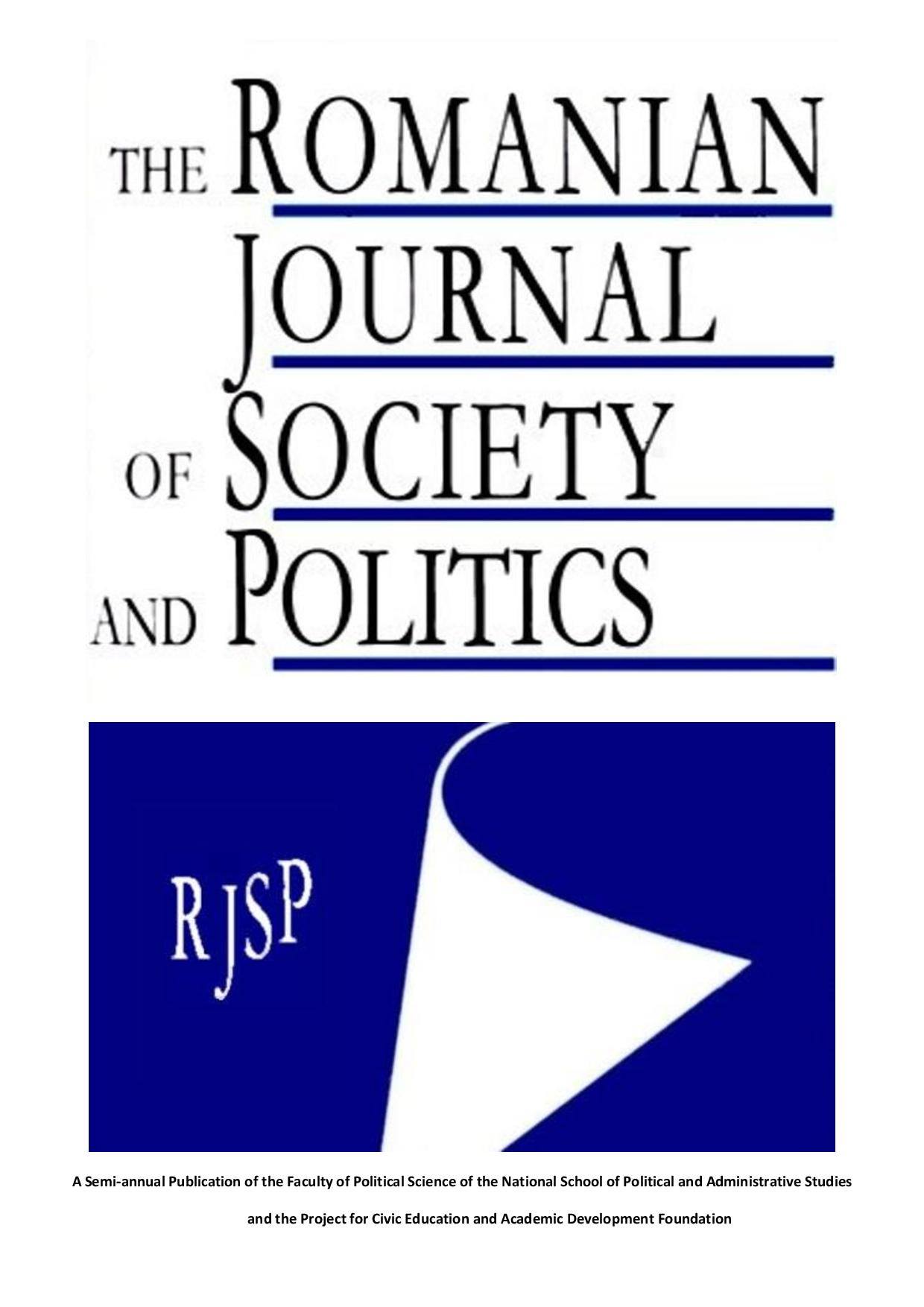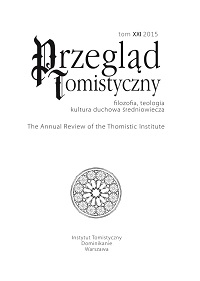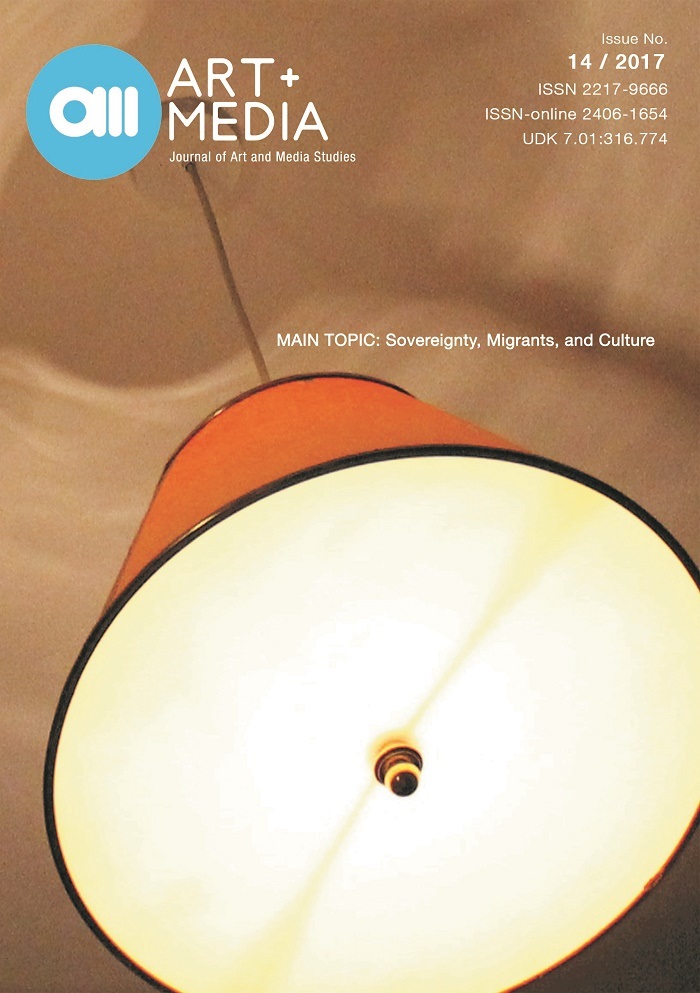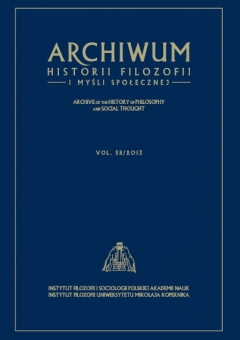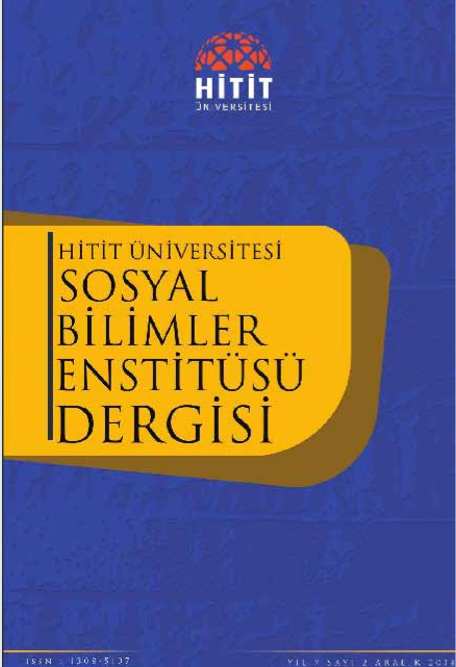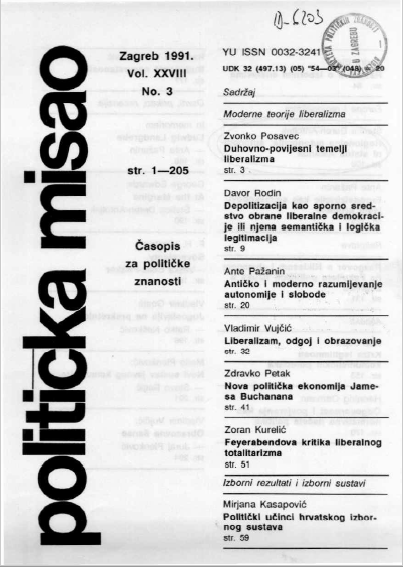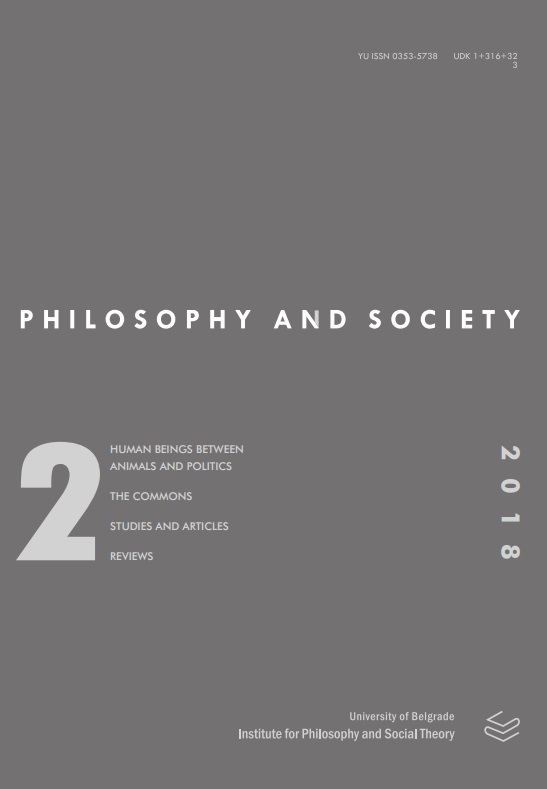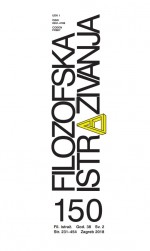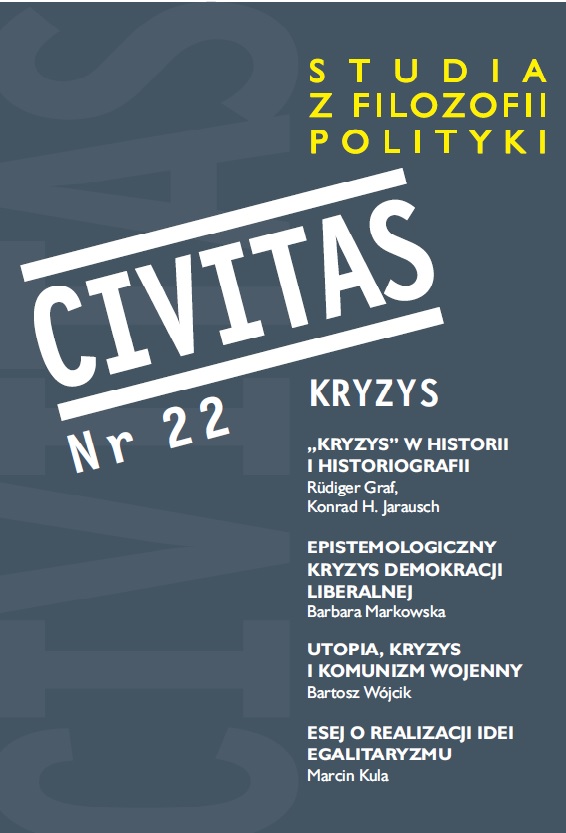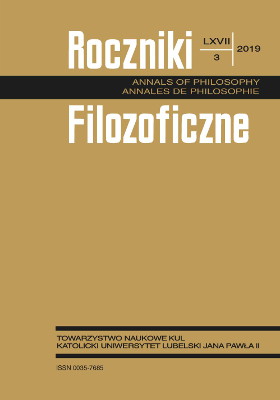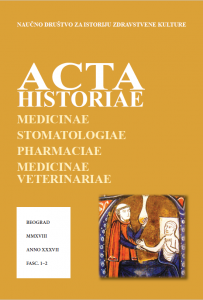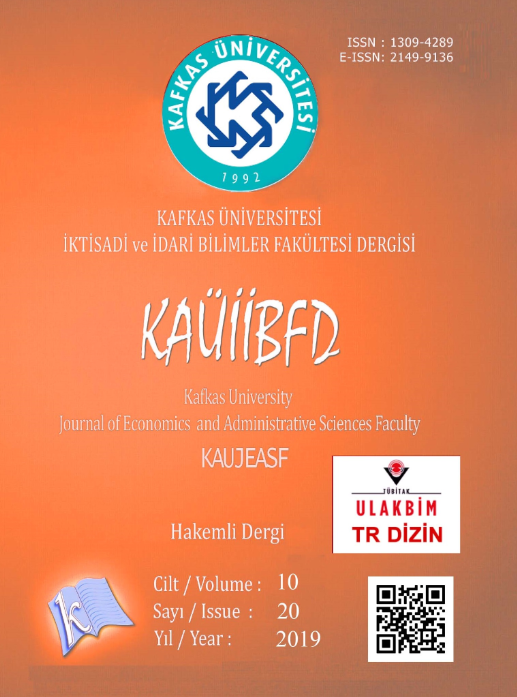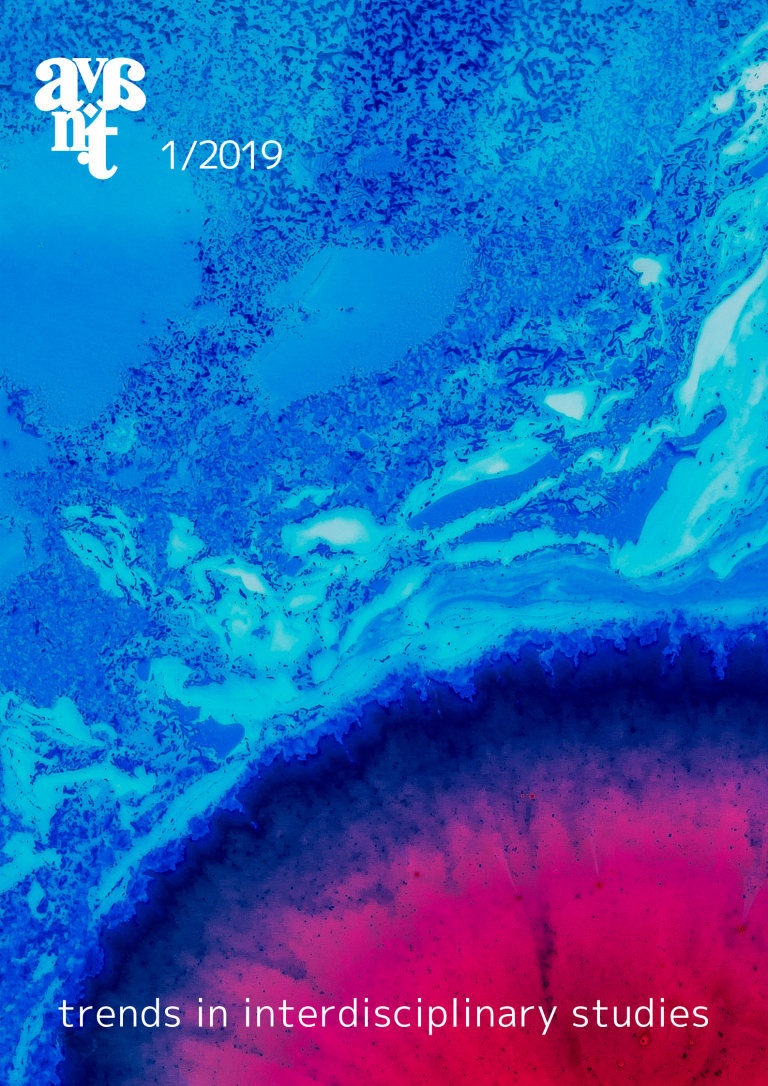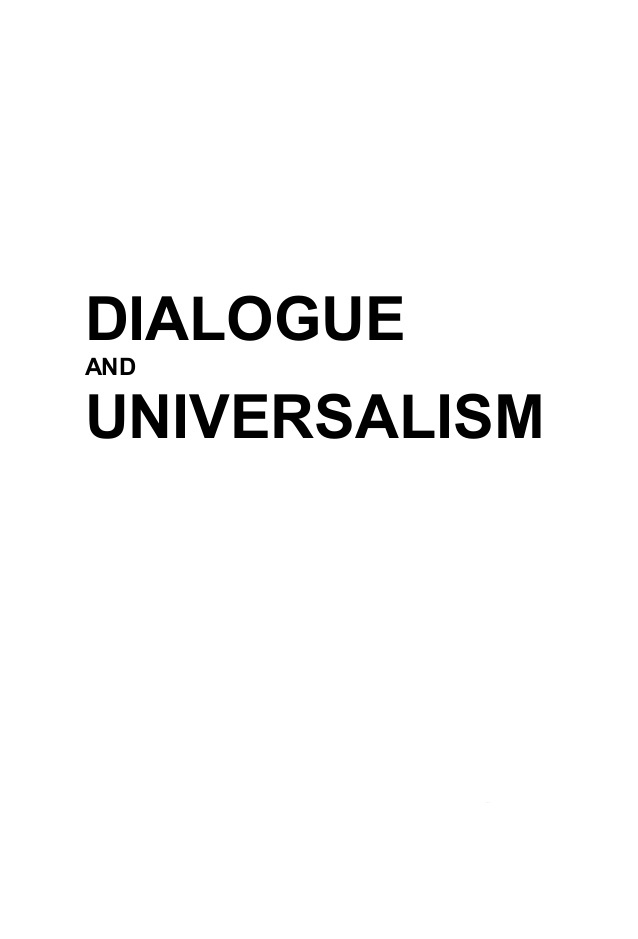
THE RETURN TO THE CRITIQUE OF THE POLITICAL ECONOMY PROJECT IN THE DIALECTICS OF THE CONCRETE BY KAREL KOSÍK
Karel Kosík’s book Dialectics of the Concrete. A Study on Problems of Man and World, elaborated under the impact of the de-Stalinization process, is one of the im-portant attempts to rethink Marxist philosophy; it was an attempt to overcome the theo-retical stagnation caused by the Stalinist period. It considers the state of Marxist theory, its relations to the past theoretical tradition, as well as it attempts to develop a critical and creative dialogue with different contemporary theoretical conceptions, then hege-monic. Through his reading of Marx and his A Contribution to the Critique of Political Economy project, Kosík searches for ways of discussing different relationships between philosophy and economics in the contemporary world, and, in particular, he analyzes different theoretical or ideological forms of the reified characteristics of the pseudocon-crete world of care (starost), homo oeconomicus and economic factor.
More...
